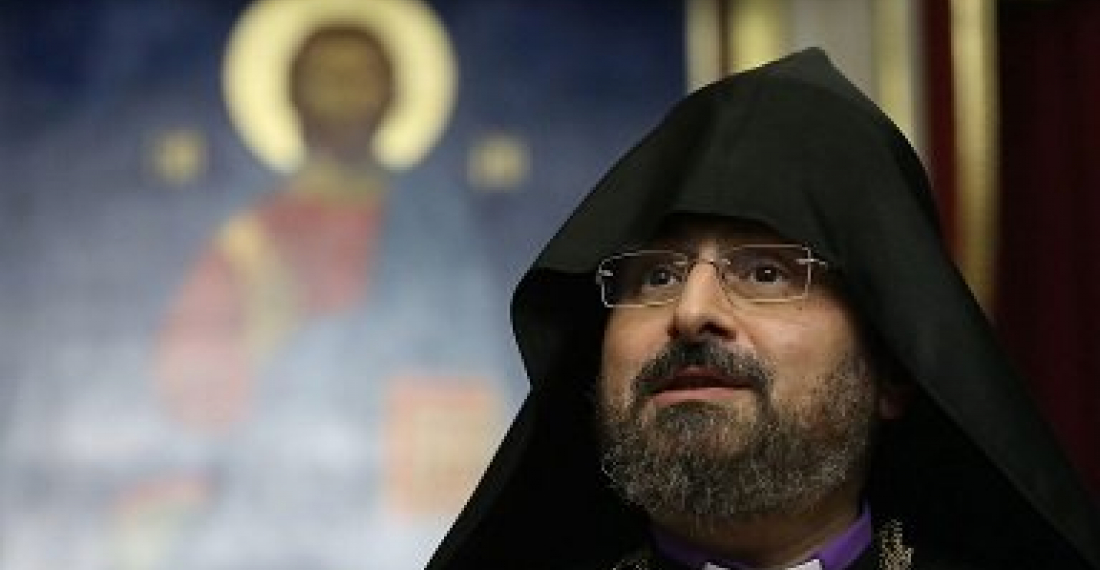The Armenian Patriarchate of Constantinople has a new head. Sahak Masalyan was elected the 85th Patriarch in an election involving Armenian Gregorian churches throughout Turkey
Masalyan won the election after receiving 102 votes out of 119 against his rival Aram Atesyan, who served as acting patriarch during the absence of Mesrob II.
The elections came after a long period of uncertainty and mourning following the death of Mesrob II, the revered head of the patriarchate of Turkey's Armenians who passed away on March 8 after an 11-year fight against dementia.
Born in Istanbul's Bayrampaşa district in 1962, Maşalyan graduated from Istanbul University's philosophy department and decided to become a priest in 1982. After becoming a high priest (vertaped) in 1984, he was then promoted to deacon (sargavak) in 1986 by then-Patriarch Şnork Kalutsyan.
After receiving a master's degree in spirituality in 1999 from Milltown Institute of Philosophy and Theology in Dublin, Maşalyan returned to Turkey and began serving as a preacher and spiritual counselor in Istanbul's Kınalıada, Kumkapı Dışı Surp Harutyun, Gedikpaşa and Galata churches.
The election ends a period of uncertainty for the Armenian Church in Turkey which has long tradition, but which also has seen the community dwindle over the years. The Patriarchate is an important point of contact between the Armenian community and the Turkish government, relations that are not always easy.
source; commonspace.eu
photo: The new Patriarch of the Armenian Gregorian Church of Constantinople






